As a gamer, I know the thrill of getting lost in a virtual world, grinding for that elusive loot or leveling up my character. But there’s a fine line between enjoying the game and letting it take over my life.
Balancing my passion for gaming with real-life responsibilities can be a challenge, and I’m not alone in this struggle. Effective time management is key to enjoying gaming without sacrificing important aspects of life.
Whether it’s school, work, or personal relationships, finding that sweet spot where I can excel in both worlds is crucial. In this article, I’ll share tips and strategies to help you master the art of time management, so you can enjoy your gaming sessions while still keeping your real-life priorities in check.
Understanding Time Management
Time management refers to the process of planning and controlling how much time to spend on specific activities. For gamers, mastering time management allows for enjoyable gameplay while fulfilling real-life responsibilities.
Definition of Time Management
Time management is the ability to organize tasks efficiently within a given timeframe. It involves prioritizing activities based on urgency and importance, enabling gamers to allocate time between gaming sessions and other commitments effectively.
Techniques like scheduling, setting deadlines, and using timers promote better time awareness and task completion.
Importance for Gamers
Effective time management benefits gamers by enhancing focus and reducing stress. It helps prevent burnout from excessive gaming, ensuring I maintain healthy relationships and accomplish academic or work obligations.
Additionally, strong time management skills lead to more productive gaming sessions, allowing me to enjoy gaming without sacrificing other areas of my life. By balancing grind and real-life commitments, I can maximize my gaming experience while thriving in daily responsibilities.
The Gamer’s Dilemma
Gamers face a unique challenge: balancing the thrill of gaming with the demands of real life. Navigating this tension requires strategic thinking and effective time management.
The Allure of the Grind
The grind captivates me. It draws me into immersive worlds where progress feels palpable. Leveling up, unlocking achievements, and building my character become addictive pursuits. The thrill of competition and the sense of accomplishment motivate extended play sessions.
Gamers often find it hard to pull away when rewards and satisfaction are just one more quest or match away. Yet, this allure can cloud judgment about time spent gaming, impacting other essential areas of life.
Consequences of Poor Time Management
Poor time management leads to several negative outcomes. Responsibilities suffer when gaming takes precedence over school, work, or personal relationships. Stress levels rise as deadlines approach, and fatigue sets in from long, uninterrupted gaming sessions.
Social connections may weaken due to limited interaction outside of gaming. Performance declines in academic or work tasks, resulting in a cycle of procrastination and poor productivity. Recognizing these consequences helps gamers prioritize their time and create a healthier balance.
Strategies for Effective Time Management
Effective time management enhances my gaming experience while ensuring I meet real-life obligations. Implementing specific strategies helps me strike a balance between gaming and other responsibilities.
Setting Realistic Goals
Setting realistic goals transforms my gaming efforts into structured experiences. I break down larger objectives into smaller, manageable tasks. For instance, if I’m aiming to reach a certain level in a game, I determine how much time I need to invest each week.
I track progress using tools like gaming logs, which keep me accountable. By establishing achievable milestones, I maintain motivation without sacrificing other commitments.
Prioritizing Gaming and Life Responsibilities
Prioritizing my gaming and life responsibilities helps prevent conflicts. I categorize tasks by urgency and significance. For example, I allocate specific gaming times only after completing schoolwork or work tasks.
I use a digital calendar to block out time for both gaming sessions and important deadlines. This approach ensures I enjoy gaming while fulfilling essential responsibilities. Recognizing the importance of both areas aids in making sound decisions when the temptation to overindulge arises.
Tools for Time Management
Effective tools can enhance time management for gamers, helping balance gaming and real-life responsibilities. I’ll explore both digital solutions and traditional methods that can streamline the process of managing time.
Apps and Software Recommendations
- Trello: Trello offers a kanban-style board to organize tasks, making it easy for me to track progress on gaming goals alongside real-life responsibilities. Its visual format motivates me to complete tasks.
- Todoist: Todoist allows for task prioritization, enabling me to categorize gaming sessions by urgency and importance. I can set deadlines and reminders to keep my gaming in check with other commitments.
- RescueTime: RescueTime tracks how I spend my time on different activities, including gaming. The insights it provides help me identify time-wasting habits and adjust my schedules to improve productivity.
- Google Calendar: Google Calendar integrates seamlessly into my daily routine. I can block out gaming times while scheduling essential tasks, ensuring a balanced approach to both gaming and other life obligations.
- Forest: Forest gamifies productivity, allowing me to plant virtual trees while focusing on tasks. If I get distracted, the tree dies. This encourages me to stick to gaming plans without losing focus on real-life responsibilities.
Traditional Methods: Planners and Journals
- Daily Planners: Using a daily planner helps me allocate specific time slots for gaming and obligations. I can visually see my day, ensuring I meet responsibilities before diving into extended gaming sessions.
- Bullet Journals: Bullet journals offer flexibility in tracking tasks and goals. I can create customized layouts to balance gaming objectives alongside personal and academic tasks, enhancing my focus on priorities.
- Time Blocking: Implementing time blocking in a physical planner allows me to dedicate fixed periods for gaming. I schedule sessions after completing critical tasks, ensuring no responsibilities are overlooked.
- Goal Setting Lists: Keeping a goal-setting list in my journal outlines gaming perks and milestones. This approach motivates me to achieve personal goals while managing my time effectively.
- Weekly Reviews: Conducting weekly reviews in a planner provides insights into my time management effectiveness. I analyze what worked and what didn’t, allowing me to adapt schedules accordingly for improved balance.
Cultivating Healthy Gaming Habits
Maintaining healthy gaming habits is crucial for balancing gaming with real-life responsibilities. By implementing specific strategies, I can preserve my passion for gaming while ensuring I remain productive in other areas of my life.
Setting Boundaries for Gaming
Setting clear boundaries helps me control gaming time and prioritize real-life tasks. I designate specific gaming hours, integrating them into my daily schedule. For instance, I can play only after completing responsibilities like work or school assignments.
I also communicate these boundaries to friends who game, reducing the pressure to engage in extended play sessions. Utilizing parental controls or settings on gaming consoles can help enforce these limits, making it easier to stick to them and focus on other commitments.
Incorporating Breaks and Downtime
Incorporating breaks into my gaming sessions maximizes my enjoyment and prevents burnout. I apply the 25-5 rule, playing for 25 minutes and then taking a 5-minute break. This approach maintains my focus and refreshes my mind.
During breaks, I hydrate, stretch, or step away from the screen, facilitating both physical and mental reset. Scheduling longer downtimes after extended gaming sessions is also beneficial. Allocating time for hobbies outside gaming rejuvenates my creativity and keeps my enthusiasm alive, allowing me to return to gaming with renewed energy and focus.







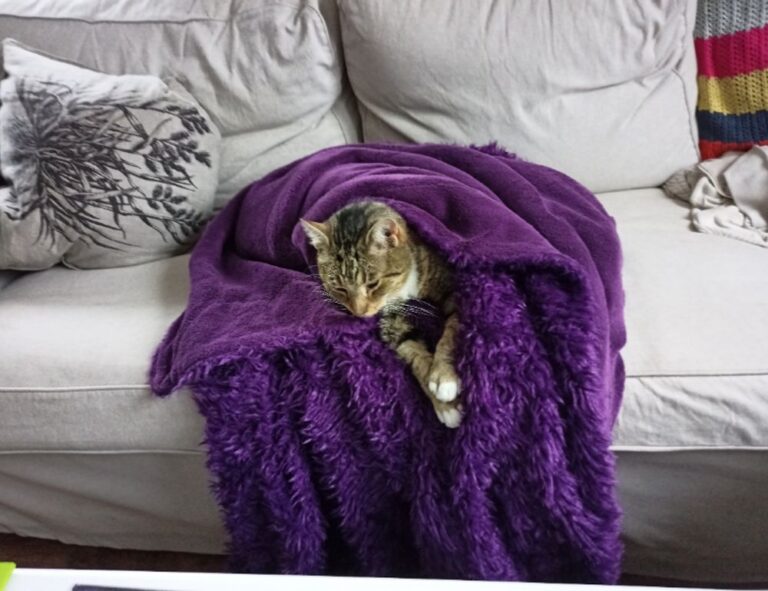


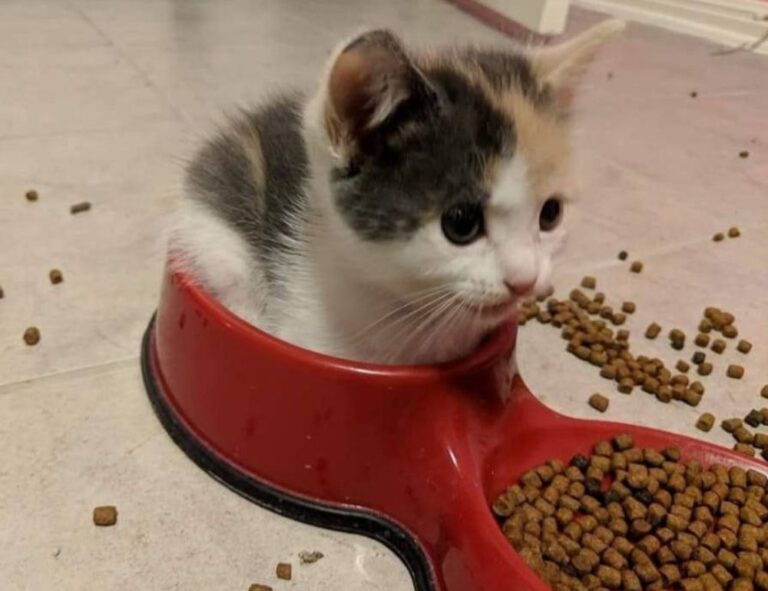

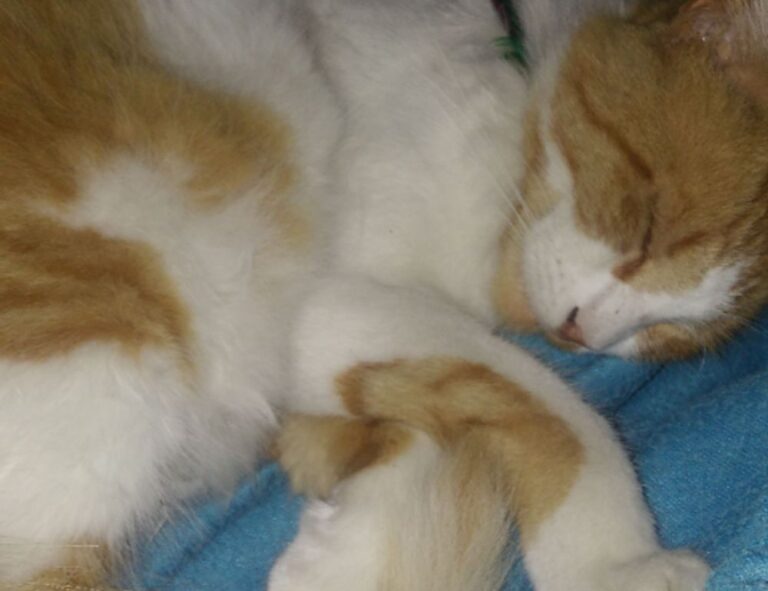





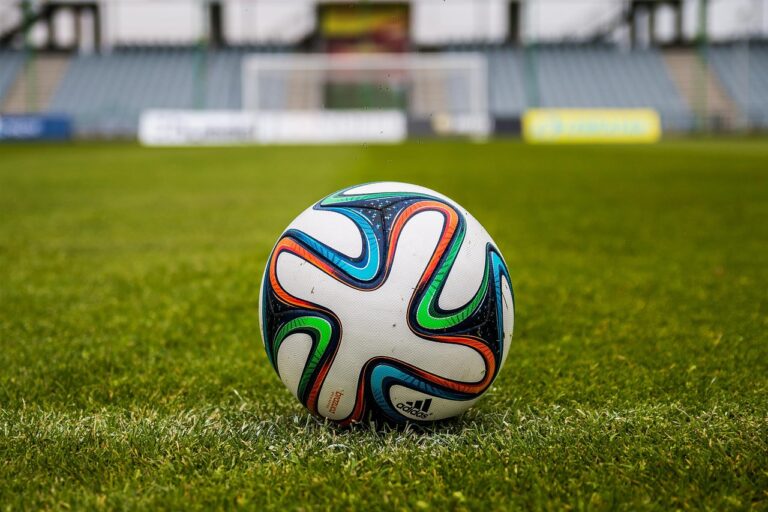









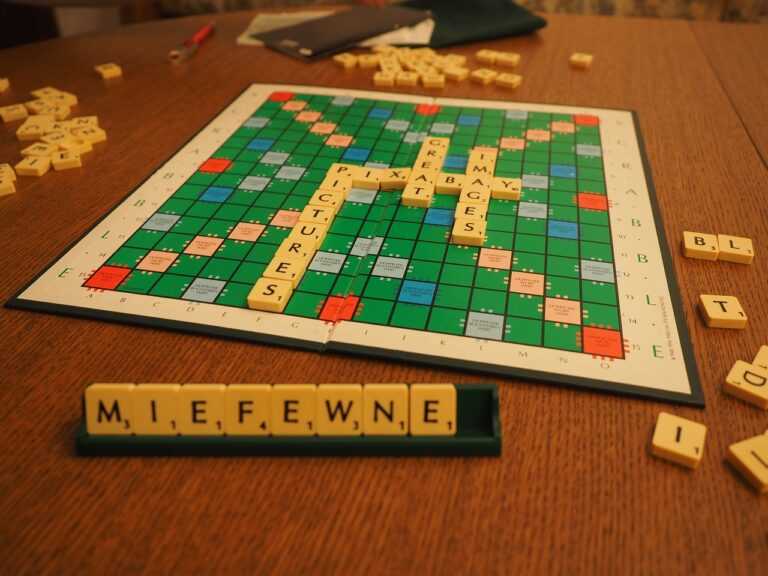












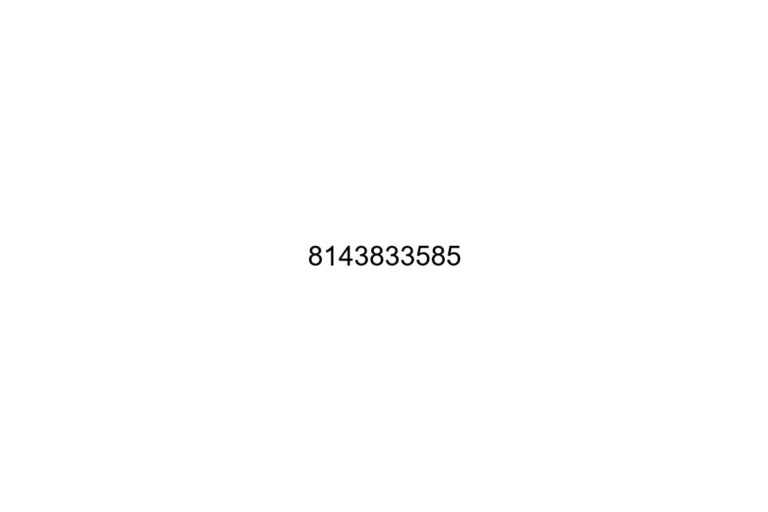
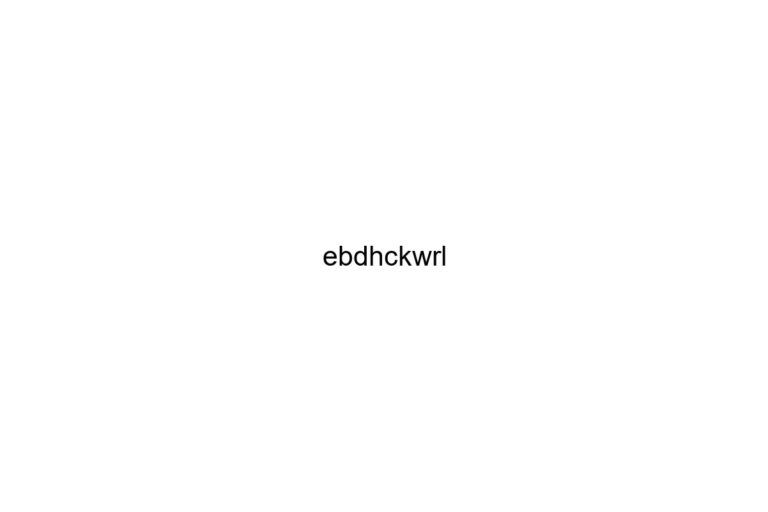


































































































































































































































































































































































































































































































































































































































































































































































































































































































































































































































































































































































































































































































































































































































































































































































































































































































































































































































































































































































































































 Mistyck Winstonolie, the visionary founder of Power Gamer Strategy Hub, has carved a dynamic niche in the gaming world by blending passion with purpose. Under her leadership, the platform has become a vital source for gamers seeking cutting-edge news, expert strategies, esports insights, and thoughtful reviews. Driven by a deep understanding of both casual and competitive gaming cultures, Mistyck continues to empower players and fans alike through engaging content that informs, inspires, and elevates the global gaming experience.
Mistyck Winstonolie, the visionary founder of Power Gamer Strategy Hub, has carved a dynamic niche in the gaming world by blending passion with purpose. Under her leadership, the platform has become a vital source for gamers seeking cutting-edge news, expert strategies, esports insights, and thoughtful reviews. Driven by a deep understanding of both casual and competitive gaming cultures, Mistyck continues to empower players and fans alike through engaging content that informs, inspires, and elevates the global gaming experience.